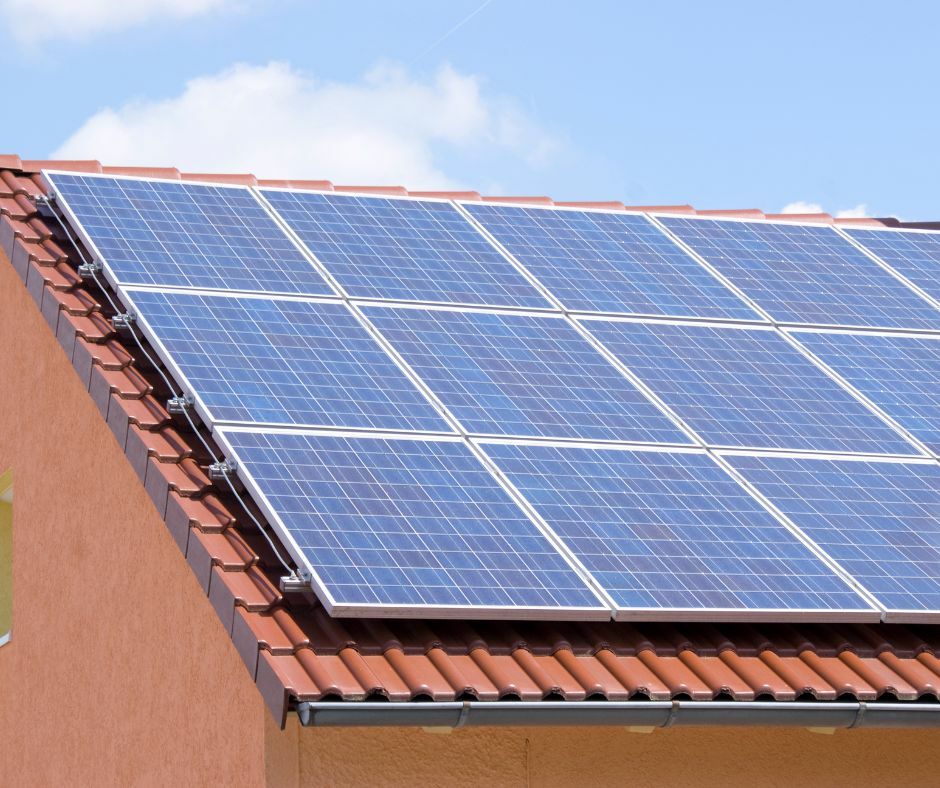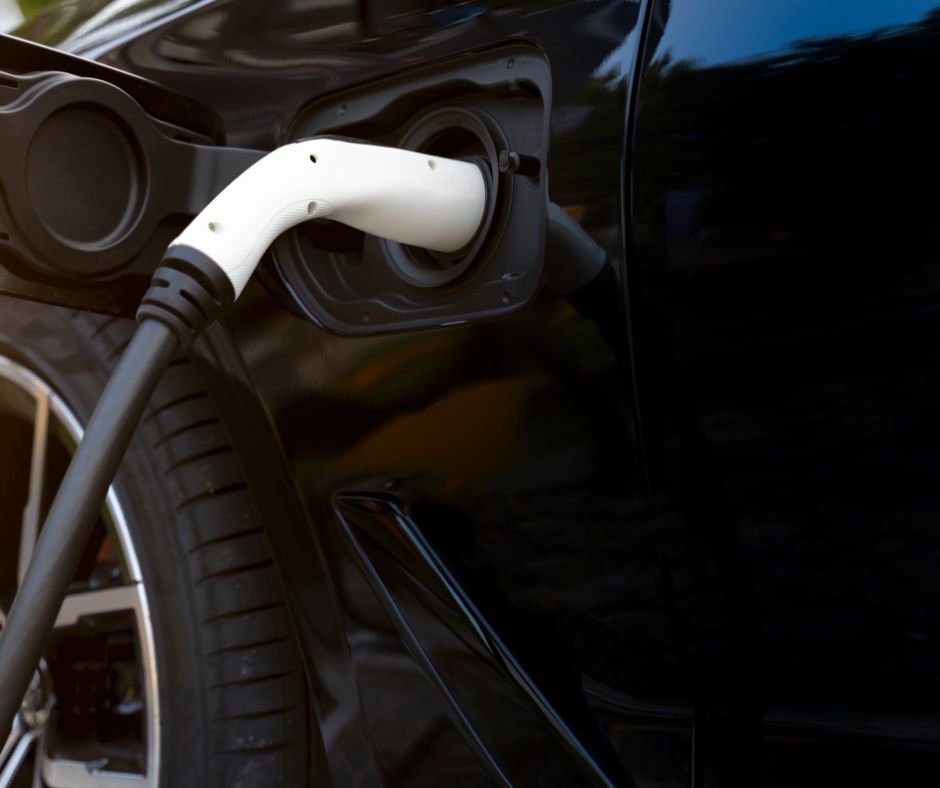

Compass Buildings Services can provide expert advice, design and installation on both new installations and replacements whether that be of an existing air source heat pump or a gas/ oil fired boiler system. We are passionate about preserving our future, our plant and reducing our carbon footprint and therefore all of our installations are aligned, tested and certified to MCS standards.
Whilst Air Source Heat Pumps have been on the market for a number of years they are now really starting to gain traction as technology has developed and the cost of electric and gas continues to increase.
Compass Building Services can provide bespoke solutions for any and all types of buildings. We have extensive knowledge and experience with a large variety of suppliers and manufacturers ensuring we can select the right equipment to solve all and any scenario.
The Solar PV & Battery storage market has recent taken a sharp rise in demand for a number of reasons, the most recent being the increase in energy costs and how that has dramatically changed the time in which the solar installation can pay itself back. We endeavour to work with our clients to provide the correct system for you whether that’s storage of electricity to draw upon at a later time or feeding back into the network, which in-turn your provider will re-imburse you for.
Our solar installation team are all 18th edition electricians with MCS and product accreditations. We are continuously training and updating our knowledge on new products in the market place.



Book an Appointment for your free Survey and Bespoke Solution Proposal

Our Friendly Expert Installers will attend the property and undertake the installation at a time and date to suit yourself

Software / Unit Commissioning & Register your Guarantee

Our team will set up your ‘app’ on your mobile device and take you through our ‘How to Use Guide’

Sit back and watch your savings roll in

Find the answer to all your questions. If there is anything else we can help you with, please don’t hesitate to contact us.
Solar panels are made out of photovoltaic cells that convert the sun’s energy into electricity.
Photovoltaic cells are sandwiched between layers of semi-conducting materials such as silicon. Each layer has different electronic properties that energise when hit by photons from sunlight, creating an electric field. This is known as the photoelectric effect – and it’s this that creates the current needed to produce electricity.
Solar panels generate a direct current of electricity. This is then passed through an inverter to convert it into an alternating current, which can be fed into the National Grid or used by the home or business the solar panels are attached to
Solar panels react to the visible light spectrum. This means, if it’s light enough to see, there’s enough light for them to start generating electricity. But the stronger the sunlight, the more power solar panels will generate.
Absolutely, the safer, quicker and more efficient way is to have a electric vehicle charger fitted
In short, it depends on the vehicle and the electricity tariff. However electric vehicle are drastically cheaper than petrol/ diesel vehicles. A typical petrol/ diesel car costs in the region of £2,000-£3,000 per year to run compared to an electrical vehicle of approx. £650-£1,500 per year.

Compass Building Services are a professional Plumbing & Heating company based in the south of the UK providing high-quality Heating, Plumbing, Air Conditioning and Electrical services.